Bird Blog
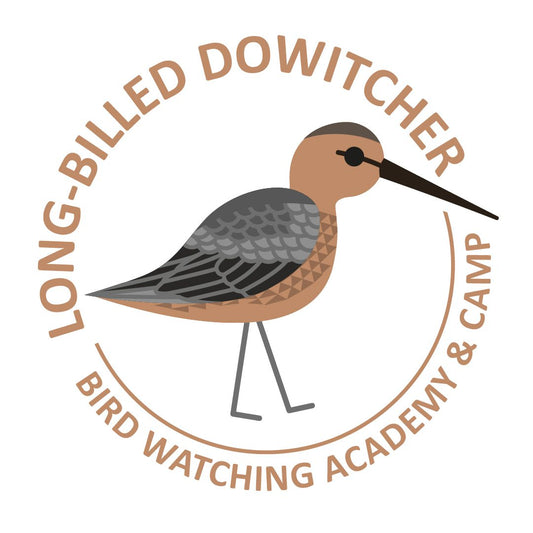
Long-billed Dowitcher
The Long-billed Dowitcher is a Sandpiper that is not very aptly named. Although female Long-billed Dowitchers indeed have very long bills, the bills of the males are not much larger...
Long-billed Dowitcher
The Long-billed Dowitcher is a Sandpiper that is not very aptly named. Although female Long-billed Dowitchers indeed have very long bills, the bills of the males are not much larger...
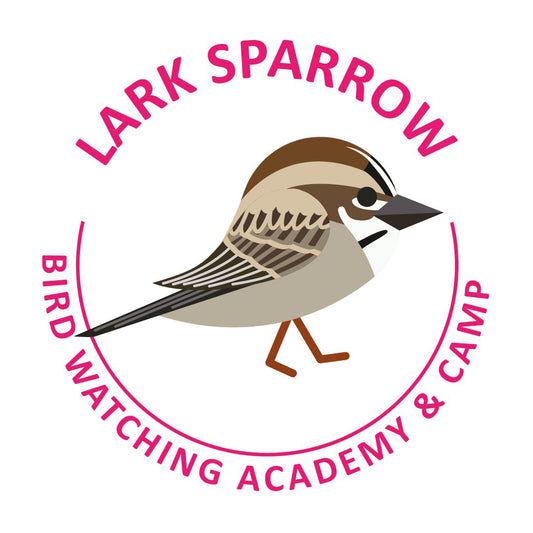
Lark Sparrow
The Lark Sparrow is a comparatively large New World Sparrow that seems to have a receding population. In open-country habitats, these birds are the largest sparrows. Sparrows in general are...
Lark Sparrow
The Lark Sparrow is a comparatively large New World Sparrow that seems to have a receding population. In open-country habitats, these birds are the largest sparrows. Sparrows in general are...
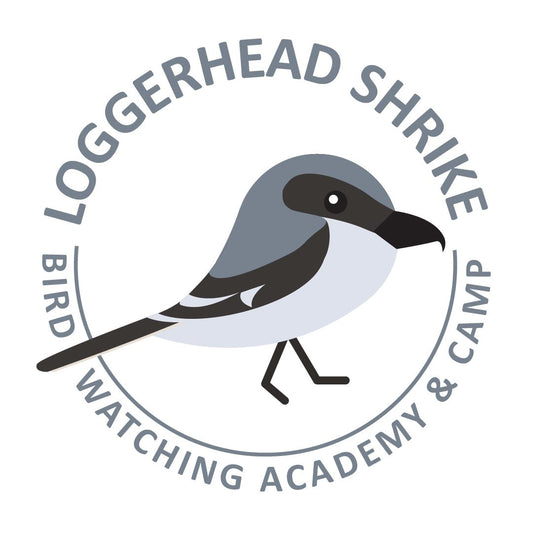
Loggerhead Shrike
A songbird with the habit of raptors; is the best way to describe Loggerhead Shrike. These inhibit the semi-open grasslands and overall open areas of North America. This small predator...
Loggerhead Shrike
A songbird with the habit of raptors; is the best way to describe Loggerhead Shrike. These inhibit the semi-open grasslands and overall open areas of North America. This small predator...
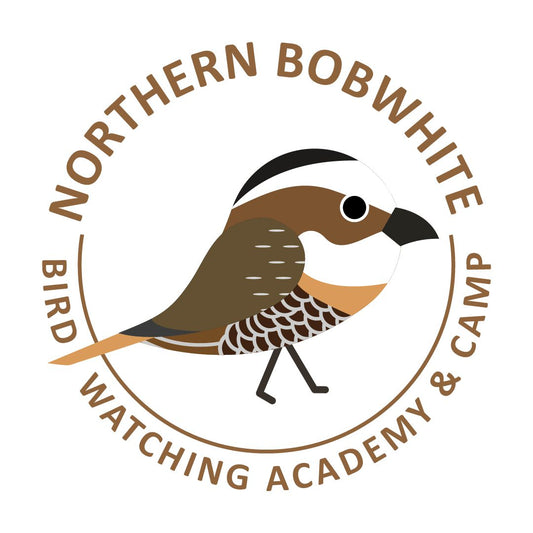
Northern Bobwhite
An emphatic whistled bob-white ringing from a grassy area or piney woods has long been a feature sound of summers in the Eastern countryside. It’s pretty chunked tougher to identify a Northern Bobwhite because the bird’s elegantly dappled plumage gives great camouflage. They...
Northern Bobwhite
An emphatic whistled bob-white ringing from a grassy area or piney woods has long been a feature sound of summers in the Eastern countryside. It’s pretty chunked tougher to identify a Northern Bobwhite because the bird’s elegantly dappled plumage gives great camouflage. They...
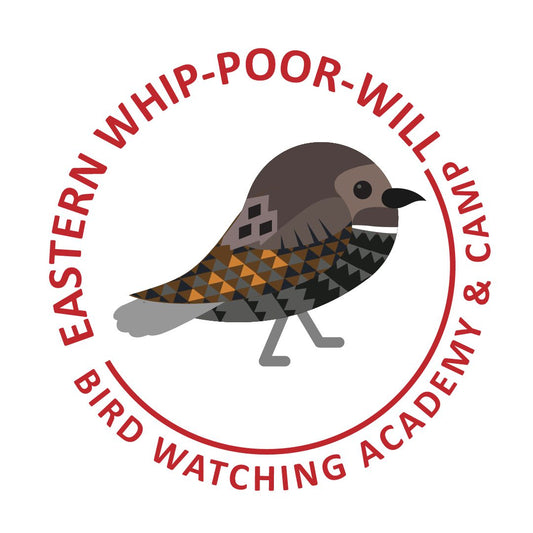
Eastern Whip-poor-will
Even seasoned field ornithologists sometimes struggle to find the Eastern Whip-poor-will, which is more frequently heard than seen. The “WHIP-poor-WILL” sound of this species is well-known, and it has contributed...
Eastern Whip-poor-will
Even seasoned field ornithologists sometimes struggle to find the Eastern Whip-poor-will, which is more frequently heard than seen. The “WHIP-poor-WILL” sound of this species is well-known, and it has contributed...
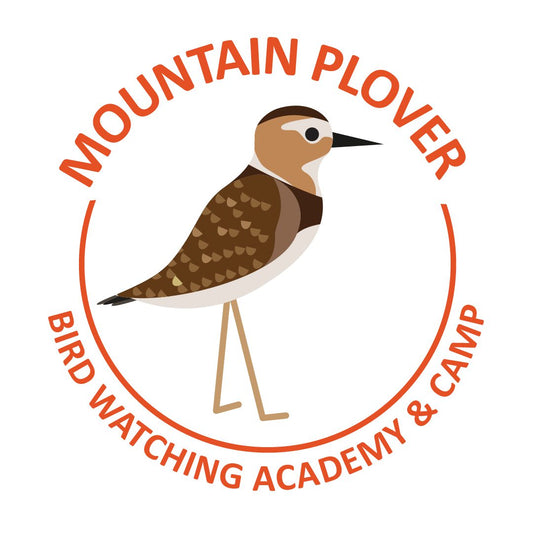
Mountain Plover
The Mountain Plover was first discovered by John Townsend in 1834. John James Audubon, a celebrated ornithologist was the first to name these beautiful birds. They were earlier called Rocky...
Mountain Plover
The Mountain Plover was first discovered by John Townsend in 1834. John James Audubon, a celebrated ornithologist was the first to name these beautiful birds. They were earlier called Rocky...
